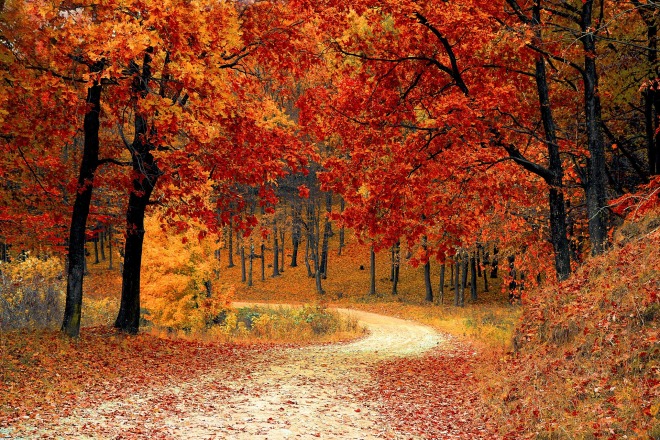I live in Nova Scotia, Canada. It is now getting dark by 5:30pm. It is cold, 0 celcius or below. There is snow falling outside. Between November and February, the early darkness, cold temperatures and snow will continue. We won’t see relief until April or May.
I’m not here to talk about the weather though. I am here to talk about how I FEEL in the weather, about Seasonal Affective Disorder. I feel moody. I feel irritable. I don’t want to go outside (which for me is odd as I require nature to truly feel peaceful). I am less able to handle the daily stressors that I was coping with effectively only a few weeks ago. What is happening ?
First, I need to clarify that I DO NOT think I am abnormal. I DO NOT think I have a disease, a condition, or a disorder. I think how I am feeling right now is a completely natural response, and one that is actually shared by MANY other animal species.
What does Seasonal Affective Disorder mean ?
Seasonal – relating to or characteristic of a particular season of the year
Affective – ability to have an effect on; make a difference to; or touch the feelings of
Disorder – a state of confusion; the disruption of peaceful and law-abiding behavior; a disruption of normal physical or mental functions; a disease or abnormal condition
So if we put it all together, it means the SEASON has an EFFECT on us, which then creates a DISRUPTION of normal mental function and peaceful behaviour.
Click here if you want to read more about the evolutionary reason why we become depressed in the winter and how to cope.
There is a catch – seasons affect MANY animals and plants. I have come up with some DSM worthy labels for the completely normal changes that the rest of the Earth experiences as a result of the weather 🙂
HIBERNATION – Seasonal Affective Dormancy Disorder

A list of SOME of the animals who go into a state of dormancy as a reaction to the decrease in sun and temperature:
- bears
- skunks
- porcupines
- bats
- hedgehogs
- marmots
- bugs – snails, crickets, spiders
- reptiles – turtles, snakes
- amphibians – frogs, salamanders
Even plants aren’t immune to seasonal affective dormancy disorder!

MIRGRATION – Seasonal Affective Migration Disorder

Everyone knows that many animals head south during specific times of the year.
- Birds
- Butterflies
- Mammals – Caribou and Bison (before we killed them all off)
- Many species of Fish
- Sea Turtles
- Whales
REPRODUCTION – Seasonal Affective Libido Disorder
Humans are NOT seasonal breeders, we are capable of mating all year. However, many other animals breed solely depending on the time of year. During the rest of the year, they have no interest or desire to mate – they lose their libido!
Surprisingly, during these mating seasons, it has been described that the animals (particularly males) become more aggressive and unpredictable.

I know some people aren’t going to agree with me. I know other people may be upset that I am making light of a very difficult period of the year. I have severe seasonal affective disorder myself. I know it is not a joke, however that doesn’t mean I need to think about it so seriously!
It wasn’t until I started to view it as a normal response to the change in seasons, until I realized it comes every October and leaves every April, until I understood how it affected the way I behave and feel about myself and my life – that I was finally able to live with it more effectively.

